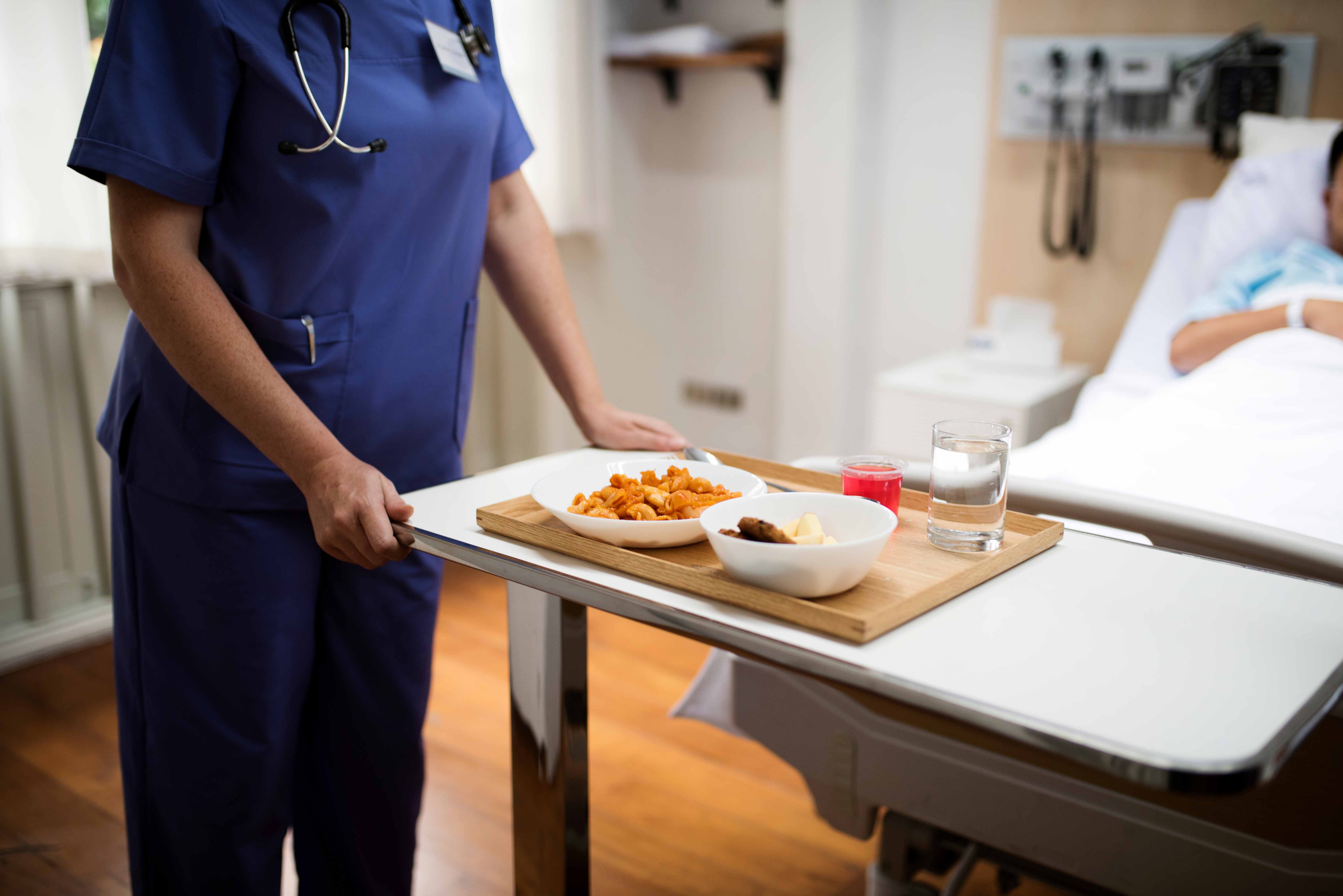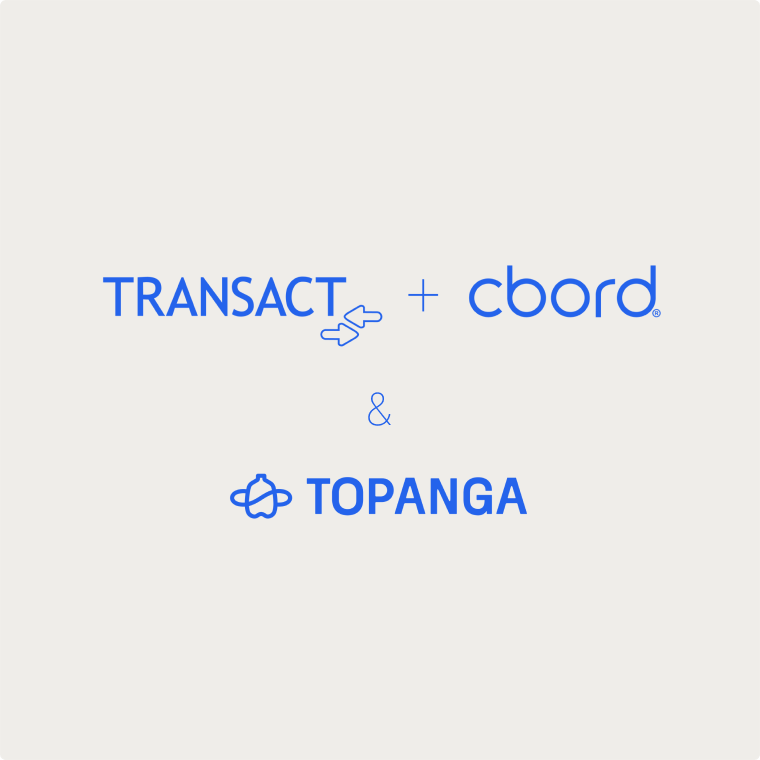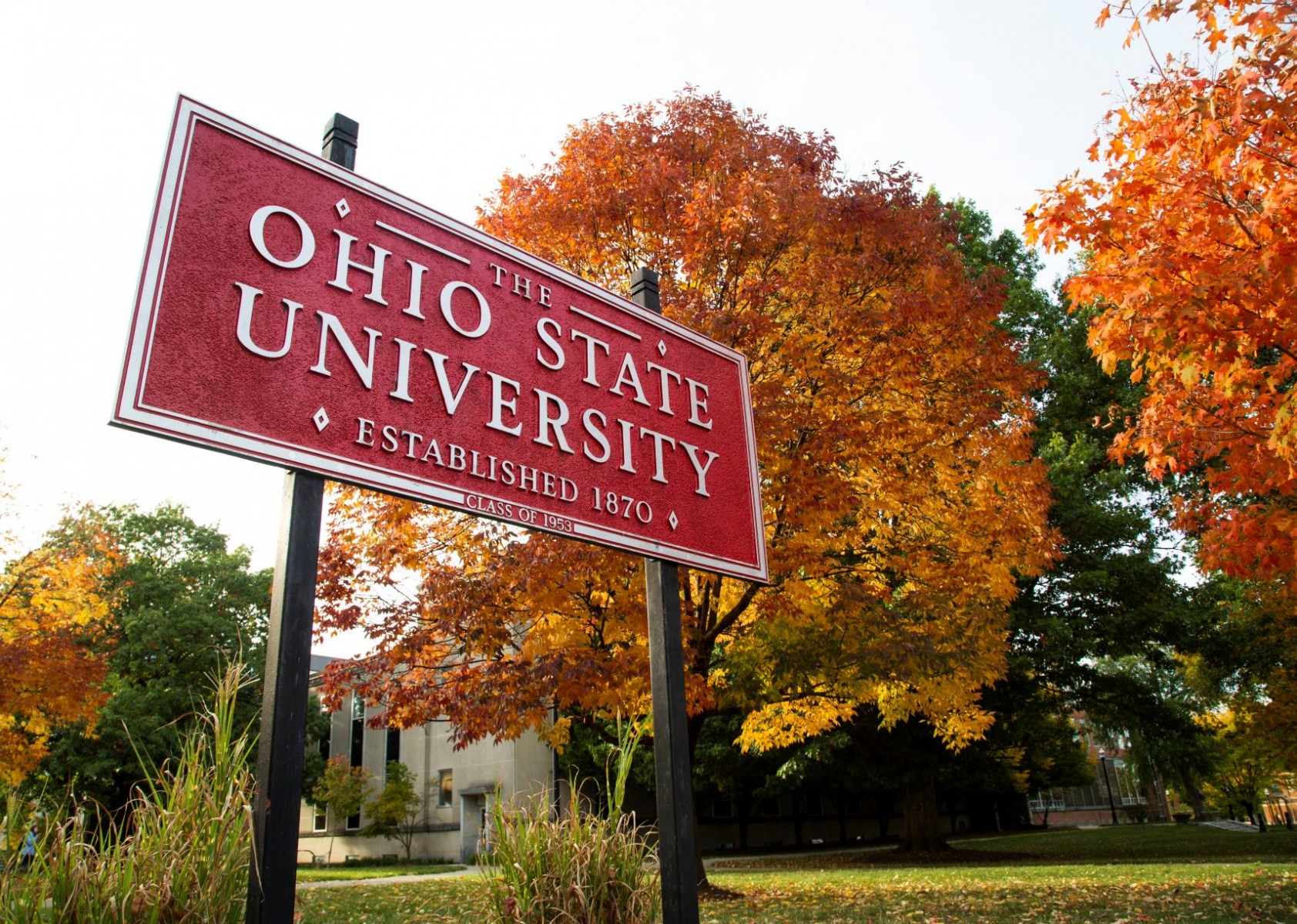Key Results
With ReusePass, Cal Poly has seen:
- 98% container return rate
- ~$12K saved on single-use packaging costs
- 36K containers kept out of the landfill
“It truly doesn’t take a lot of additional work on behalf of our frontline associates to run [ReusePass]… which is key for the sustainability (no pun intended) of a program like this. We don’t get a lot of pushback from our staff, and it’s easy for them to manage.” – Kaitlin Gibbons, Dietitian & Sustainability Coordinator, Cal Poly
Introduction
California Polytechnic State University is a public university with 22K+ enrolled students (undergraduate and graduate) and has the second-largest university campus in all of California, with a substantial amount of agricultural land. The Cal Poly student body is invested in reducing the university’s carbon footprint and practicing environmental stewardship to ‘keep Cal Poly forever green.’
Problem
Cal Poly Campus Dining had originally introduced a single-location, homegrown reusable solution, but a lack of connectivity with other systems (like Grubhub) and the manual effort required to run the program was a challenge for the team. To scale reusables on campus, they knew they needed a program that prioritized ease of use, offered greater visibility into performance, and would seamlessly mesh with existing processes.
Reuse is a key piece of Cal Poly Campus Dining’s broader sustainability strategy, which also includes partnering with a local composting facility to process compostable containers through anaerobic digestion — an important step, because San Luis Obispo’s city-wide program only accepts food and yard waste. Still, reducing packaging waste remains a priority for Cal Poly Campus Dining, especially since most dining facilities operate as retail locations offering pre-packaged meals in single-use containers.
Solution
The Cal Poly Campus Dining team wanted to minimize upfront costs, integrate with Grubhub for mobile ordering, and ensure a smooth customer and operator experience with a new reusables solution. ReusePass addressed all these needs (and more), giving the team confidence to move towards replacing their current system and providing students with a comprehensive way to curb single-use waste.
“We were also drawn to the simplicity of [ReusePass] - it doesn’t rely on tokens or a lot of additional equipment like some of the other programs we had researched. You didn’t have to get specific return bins, which can be costly.”
– Kaitlin Gibbons, Dietitian & Sustainability Coordinator, Cal Poly
Program Design and Setup
To design a program that would balance results with minimal operational impact, the Cal Poly Campus Dining and Topanga teams worked collaboratively to find the best solution.
Before outright replacing their original reusable container program, Cal Poly Campus Dining vetted ReusePass at a separate location to ensure it was the right long-term pick (and to help the dining team adjust to any process changes). Keeping setup costs low, they re-tagged containers from their existing inventory and use RFID for automated container scan-in (returns) during dishwashing.
Program Launch
In February 2024, Cal Poly launched ReusePass in one dining location as an optional program for Grubhub mobile and in-person ordering. Fees and surcharges are at the discretion of each dining team; Cal Poly decided to levy a $5.00 late container fee to ensure they retained as much of their inventory as possible. Throughout the launch process, the Topanga team helped ensure program success by troubleshooting any issues that arose and suggesting operational improvements.
“Working with the Topanga team has been a pleasure from the start … they’re engaged and active in supporting our needs.”– Kaitlin Gibbons, Dietitian & Sustainability Coordinator, Cal Poly
The best part? Just as promised, ReusePass has been easy for both diners and operators to use at Cal Poly. The rollout caused minimal disruption, and team members are now free from manual data entry and clunky paper-and-pencil processes — giving them more time to focus on what matters most.
“I think it’s great that the campus is taking the initiative to reduce waste, and it’s so easy to partake in!”– Cal Poly Student
Results
Since the transition to a scalable, tech-enabled reusables program, over 7K students have signed up for ReusePass at Cal Poly. The team’s thoughtful program design has been rewarded with a 98% return rate, and the most-used container has been rented 71 times — keeping costs low with minimal container replacements. They’ve reduced single-use packaging spending by $12K and have avoided throwing out ~36K containers. That’s the equivalent of 3,500 lbs of waste, 24K lbs of greenhouse gases and 23K gallons of water!
“We frequently get asked by students, faculty, and staff about what we’re doing to improve our sustainability on campus, so having the data to back up [our work] is really helpful. Everyone appreciates that.”
– Kaitlin Gibbons, Dietitian & Sustainability Coordinator, Cal Poly
For the Cal Poly Campus Dining team, having tangible waste reduction data has helped validate sustainability initiatives to the administration and Cal Poly students. They’ve been able to show concrete progress against waste reduction goals and launch focused initiatives based on program performance, like targeted awareness campaigns for dining locations with lower utilization.
Program Expansion
With a successful launch behind them, Cal Poly Campus Dining is now focused on expanding ReusePass to realize the full benefits of a reduced dependence on single-use containers. They’ve launched ReusePass (with RFID scan-in) at four dining venues in their Vista Grande Dining Complex and have also scaled up the number of ReusePass deployments from two to four locations at 1901 Marketplace, where the program was launched.
We’re excited to keep scaling reuse with Cal Poly Campus Dining and Chartwells Higher Education, making environmentally friendly dining options even more prevalent on Cal Poly’s campus!
Interested in how Topanga could improve your dining program? Let’s chat.
We’ll walk you through how Topanga can support your goals and tailor a solution to fit your operation.


.avif)
.avif)
.avif)




















.png)
.png)
.avif)